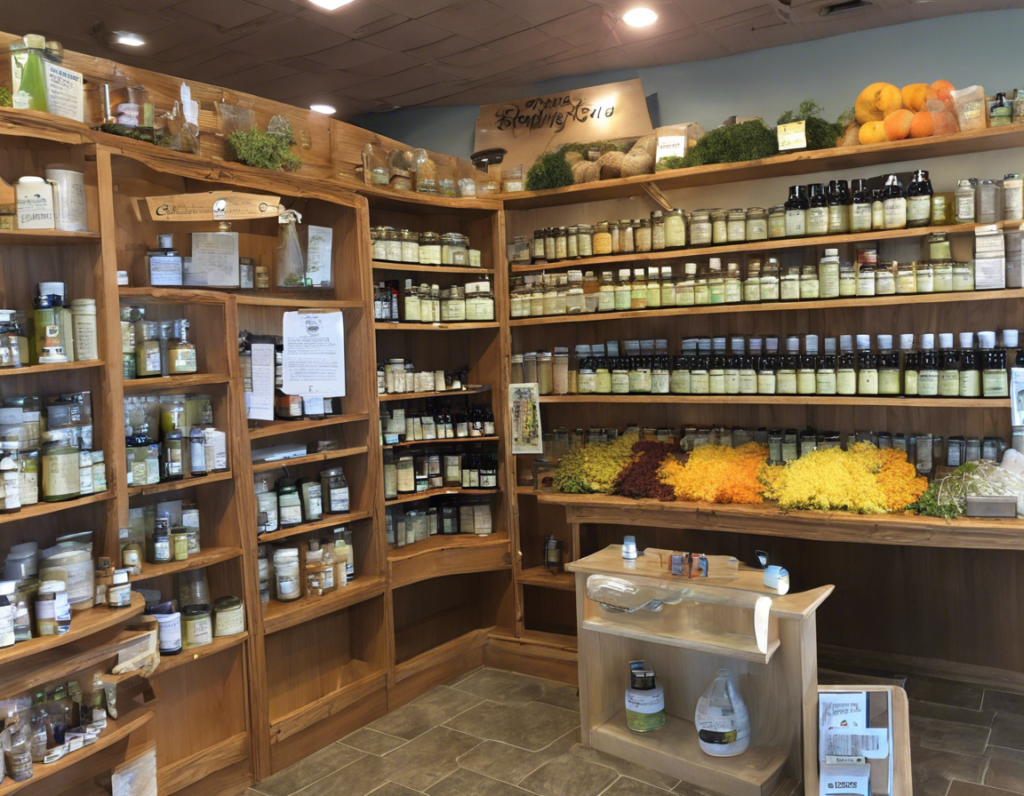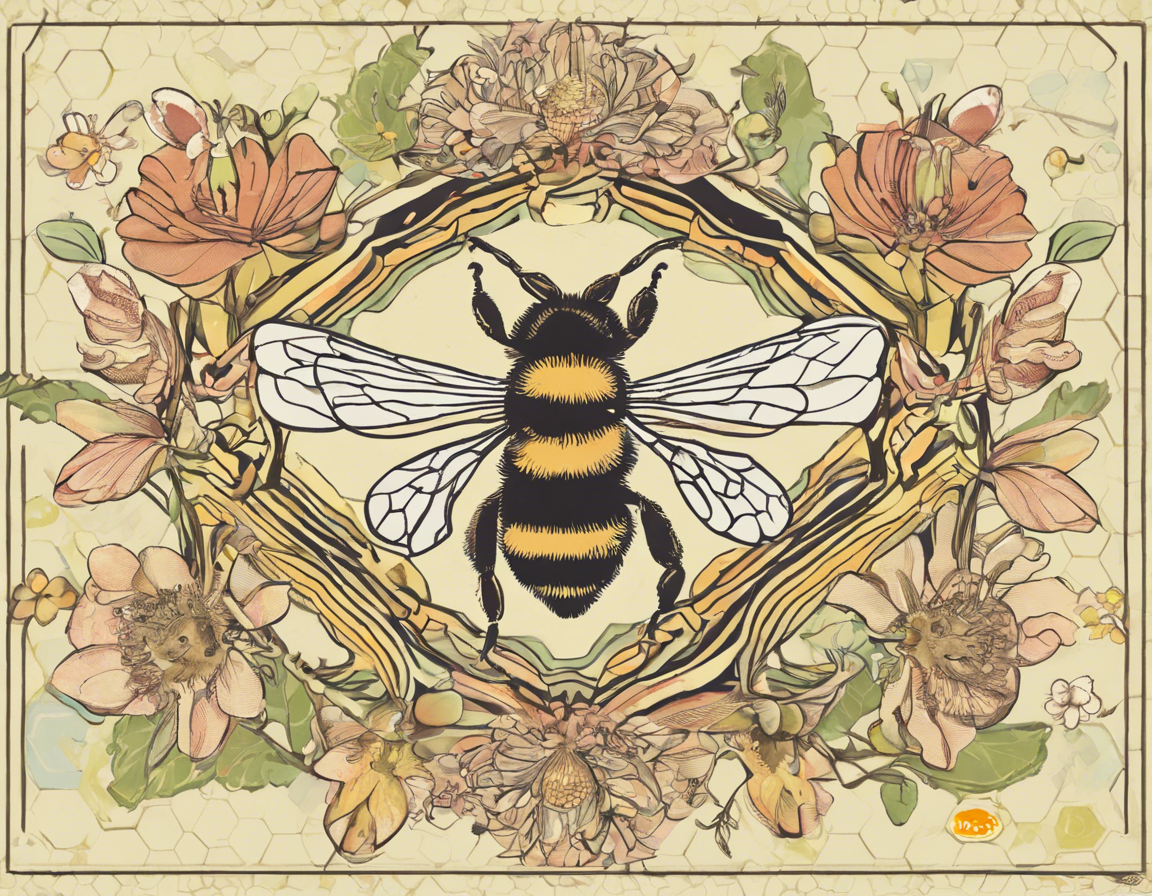
Introduction
In recent years, there has been a surge in interest surrounding sustainable living, eco-friendly practices, and a return to nature. One such lifestyle that has gained popularity is the Bee Hippy Lifestyle. Embracing the principles of bee hippy living involves not only promoting the well-being of bees and other pollinators but also adopting a holistic approach to harmonizing with the natural world. In this comprehensive guide, we will delve deep into what the Bee Hippy Lifestyle entails, how to incorporate its practices into everyday life, and the countless benefits of living in alignment with nature.
What is the Bee Hippy Lifestyle?
The Bee Hippy Lifestyle is all about celebrating and protecting bees, which are not only essential pollinators crucial for our food supply but also fascinating creatures vital for biodiversity. At its core, the Bee Hippy Lifestyle involves conscious and sustainable living in harmony with nature. This includes supporting organic farming practices, planting pollinator-friendly gardens, advocating for pesticide-free environments, and promoting the well-being of bees through education and awareness.
Benefits of Embracing the Bee Hippy Lifestyle
-
Environmental Conservation: By supporting bees and pollinators, individuals contribute to the health of ecosystems and biodiversity.
-
Healthier Food: Bees play a crucial role in pollinating fruits, vegetables, and nuts, ensuring a diverse and healthy food supply.
-
Connection to Nature: Living in harmony with bees and nature fosters a deeper connection to the natural world, leading to increased well-being and mindfulness.
-
Community Engagement: The Bee Hippy Lifestyle often involves community initiatives, events, and education, fostering a sense of belonging and shared purpose among like-minded individuals.
How to Embrace the Bee Hippy Lifestyle
-
Plant a Bee-Friendly Garden: Choose native plants that provide bees with food and shelter. Avoid pesticides and herbicides that can harm bees.
-
Support Local Beekeepers: Purchase honey and other bee products from local beekeepers who practice sustainable beekeeping methods.
-
Get Involved: Join local environmental organizations, beekeeping clubs, or community gardens to learn more about bees and how to support them.
-
Reduce Your Carbon Footprint: Lower your impact on the environment by reducing waste, using eco-friendly products, and adopting sustainable practices in your daily life.
-
Educate Others: Spread awareness about the importance of bees and pollinators by sharing information, organizing workshops, or participating in educational campaigns.
Bee Hippy FAQs
-
Why are bees important to the environment?
Bees are vital pollinators responsible for pollinating a large percentage of fruits, vegetables, and nuts. They play a crucial role in ecosystem health and biodiversity. -
How can I attract bees to my garden?
Plant a diverse range of native flowers, herbs, and shrubs that provide bees with nectar and pollen. Avoid using pesticides and herbicides that can harm bees. -
What can I do to help save bees from extinction?
Support sustainable farming practices, advocate for pesticide-free environments, plant bee-friendly gardens, and educate others about the importance of bees in our ecosystem. -
Is urban beekeeping possible?
Yes, urban beekeeping is becoming increasingly popular. Many cities allow beekeeping, and rooftop hives are common in urban areas. However, be sure to check local regulations and guidelines. -
How can I differentiate between a honeybee and a wasp?
Honeybees are hairy, with a rounded and robust body, while wasps are slender and have a smooth body. Honeybees are not aggressive unless provoked, while some wasp species can be more aggressive.
Conclusion
The Bee Hippy Lifestyle offers a path to not only support and protect essential pollinators but also to live in harmony with nature and foster a deeper connection to the world around us. By embracing sustainable practices, promoting bee-friendly environments, and advocating for the well-being of bees, individuals can make a tangible difference in preserving biodiversity and ensuring a sustainable future for generations to come. Join the buzz and embark on a bee hippy adventure today!
Latest Articles
- Comprehensive Guide to Fence Installation: Choosing the Right Materials and Services
- Exploring Common Home Pollutants and Their Impact
- Tips For Indian Stock Market: A Comprehensive Guide for Investors
- RRB Technician Vacancy 2024: Everything You Need to Know!
- Countdown to Election 2024: Assam’s Political Landscape
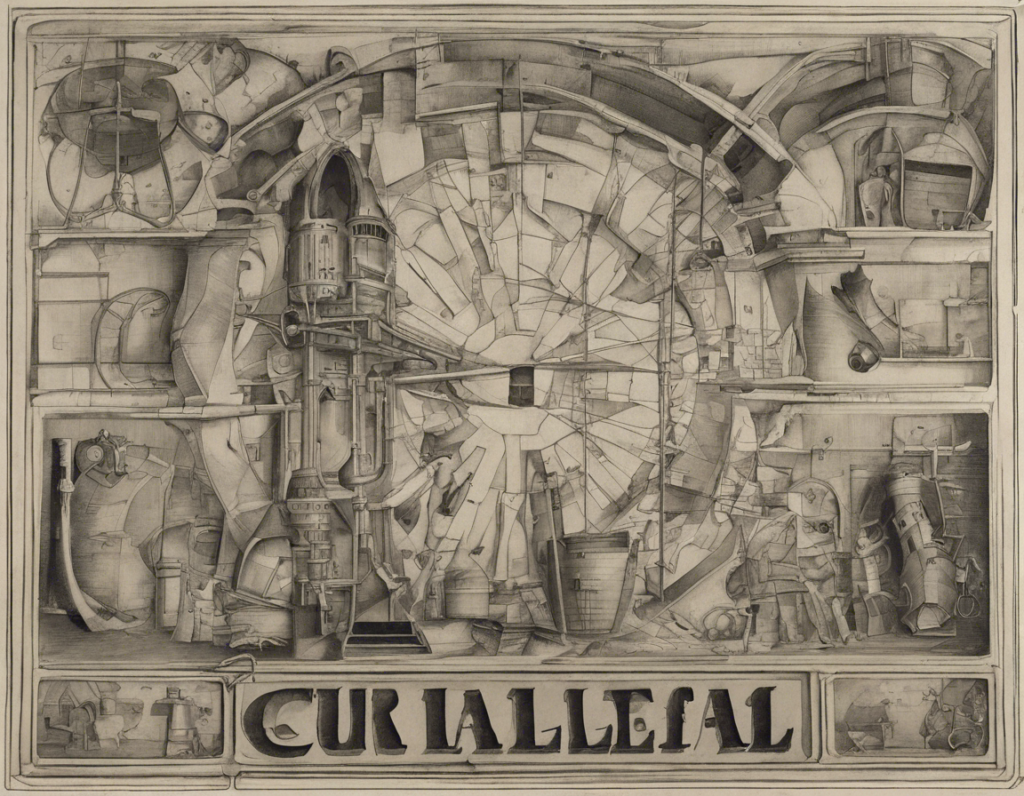
Exploring the Benefits of Curaleaf Wells: Your Ultimate Guide
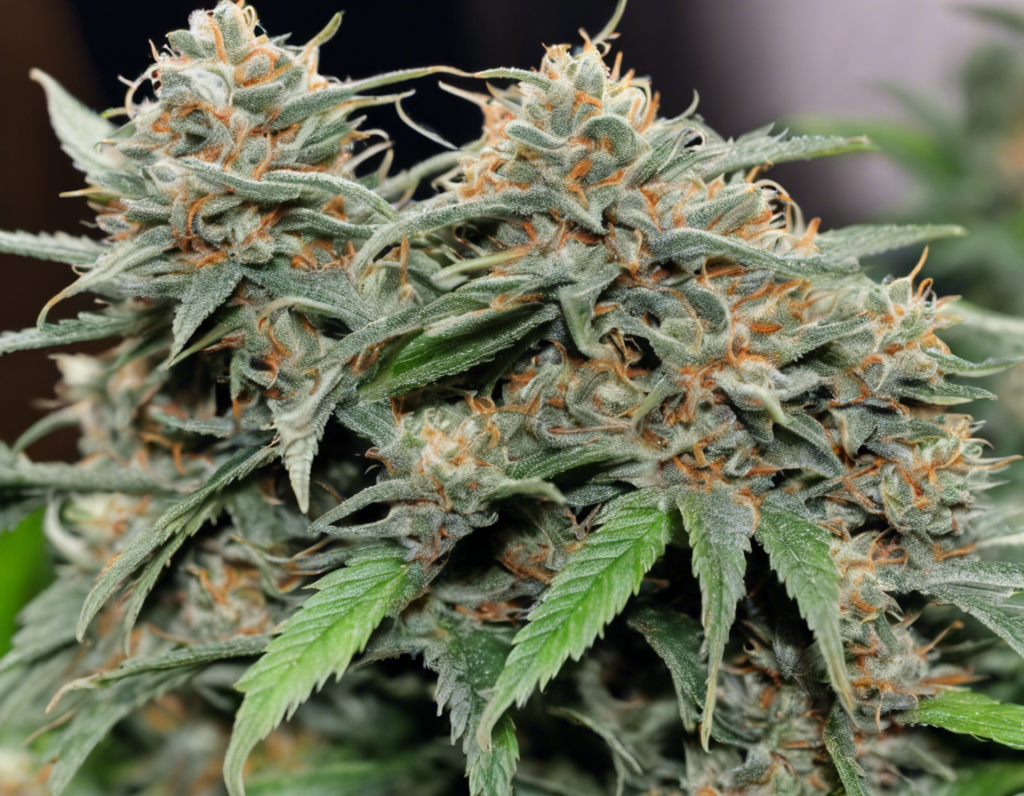
Unpacking the Powerful Wham Strain: Benefits and Effects
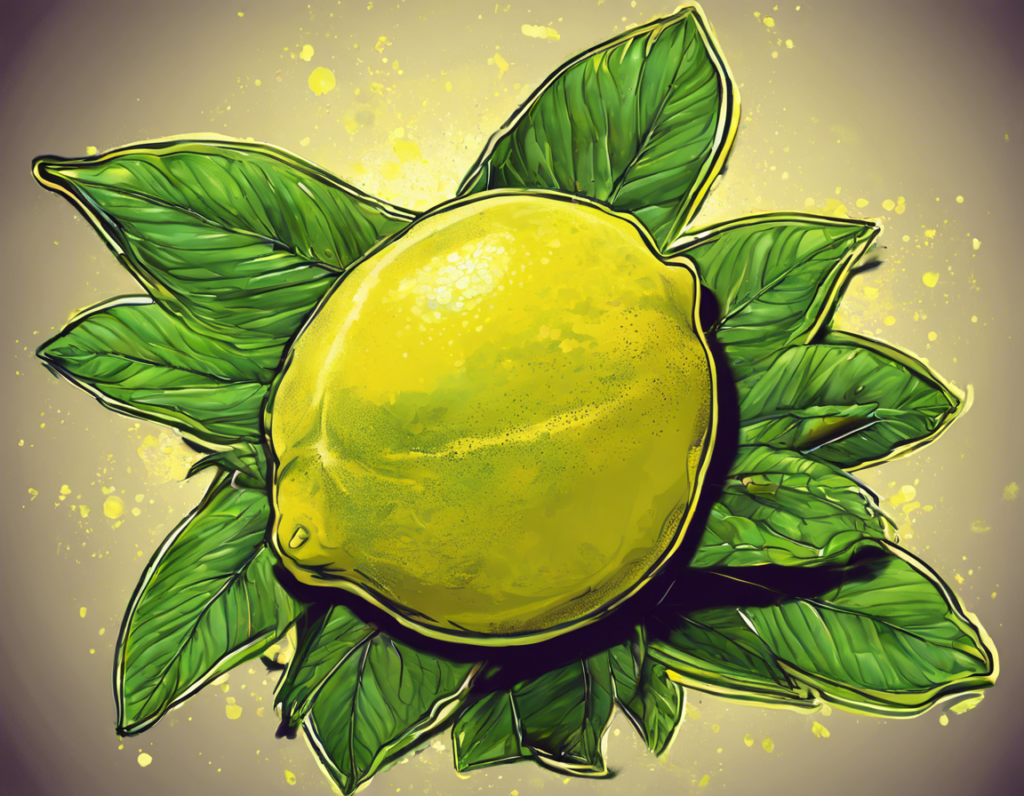
Unveiling the Unique Characteristics of Lemon Jack Strain
